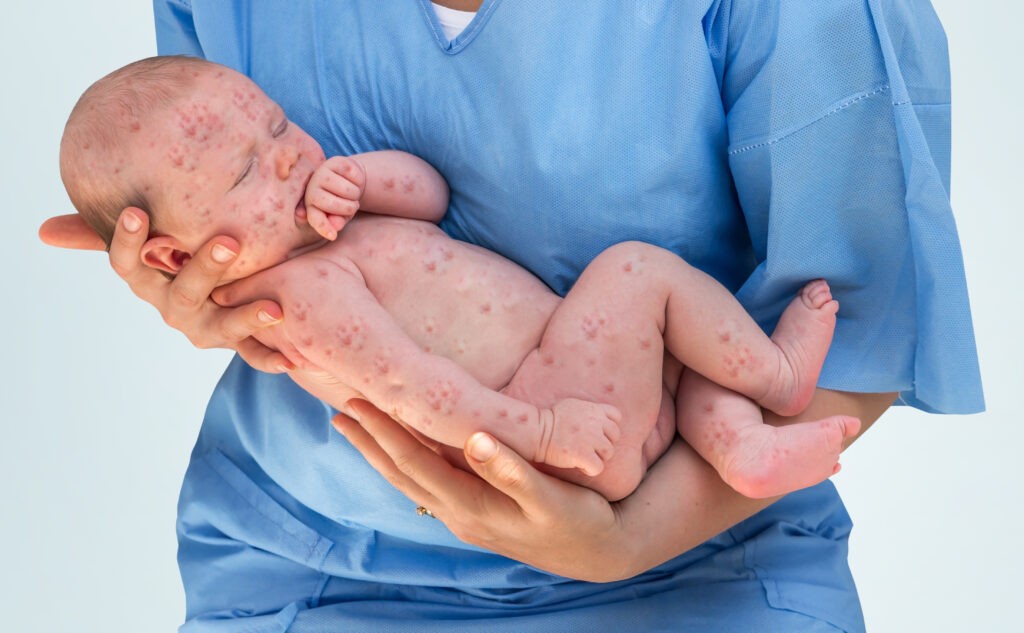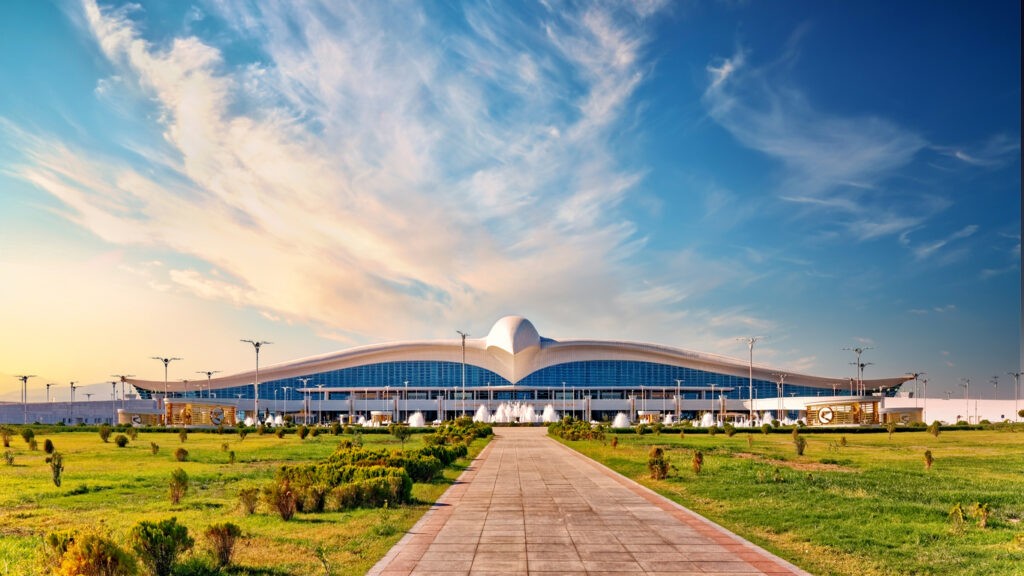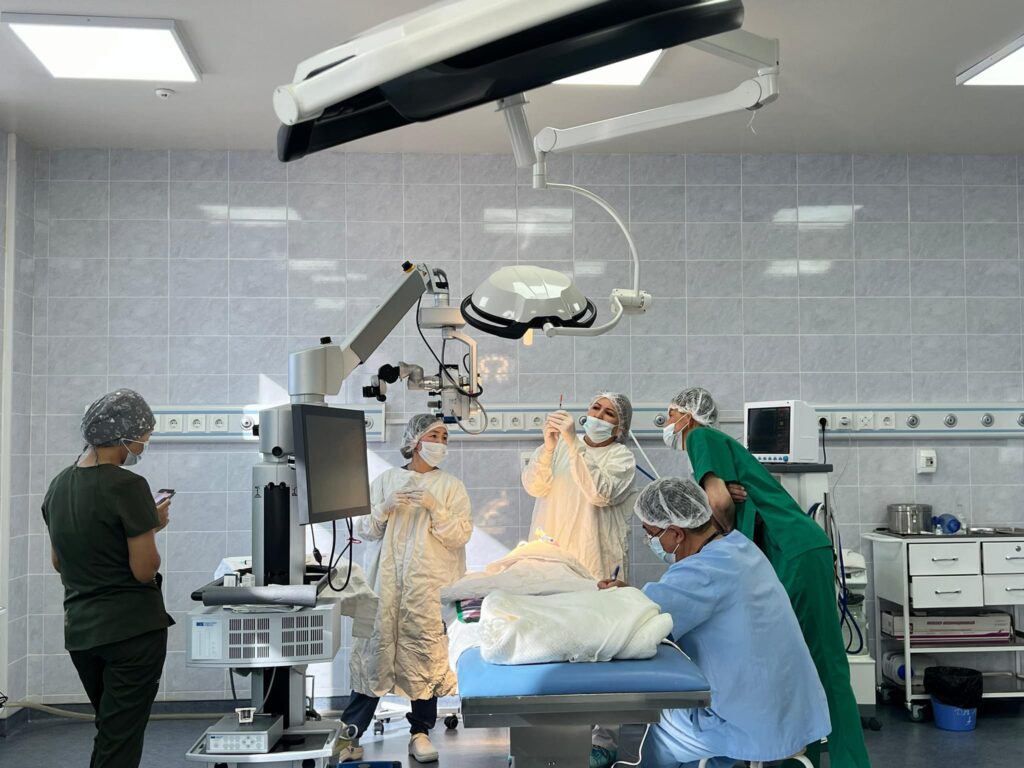Kyrgyzstan Battles Misinformation about Vaccines as Measles Cases Rise
Dear parents! Vaccinate your child. That’s the message from the health ministry in Kyrgyzstan, where the number of reported measles cases this year has soared to nearly 8,000 despite government efforts to overcome the anti-vaccine sentiment fueling the outbreak. “It has been proven that there is no connection between vaccinations and autism!” Kyrgyzstan’s health ministry said this month on Facebook. The announcement cited British and American medical studies in the last few decades that it said confirm “there is no biological link between vaccination and morbidity.” Despite the campaign, at least 7,864 cases of measles have been reported in the Central Asian country as of April 8, according to the Republican Center for Immunoprophylaxis, a health ministry organization that oversees vaccinations. The 24.kg news agency reported “intense circulation” of the virus that causes measles in Bishkek, Chui and Jalal-Abad regions. In December, UNICEF said cases of measles in Europe and Central Asia had skyrocketed by 3000 percent in 2023, in comparison to the previous year, and that a backsliding in vaccine coverage was responsible. It said Kazakhstan had the highest rate of measles cases, though officials there reported in March that cases were in decline after a successful vaccination drive. Kyrgyzstan had the second highest rate at the time. “A decrease in vaccine demand – in part fuelled by misinformation and mistrust which worsened during and following the COVID-19 pandemic, disruption to health services and weak primary health care systems are some of the contributing factors,” the U.N. agency said. Nine children died from measles in Kyrgyzstan in 2023, according to the government. The Health Ministry says “myths” about vaccines include the belief that they contain dangerous preservatives; Europe is testing new drugs by sending them to Kyrgyzstan as humanitarian aid; and that it’s better to let a child get sick and develop natural immunity rather than get the shot. Measles, which is highly contagious, infects the respiratory tract and then spreads around the body. The vaccine, the World Health Organization says, is safe and effective.








